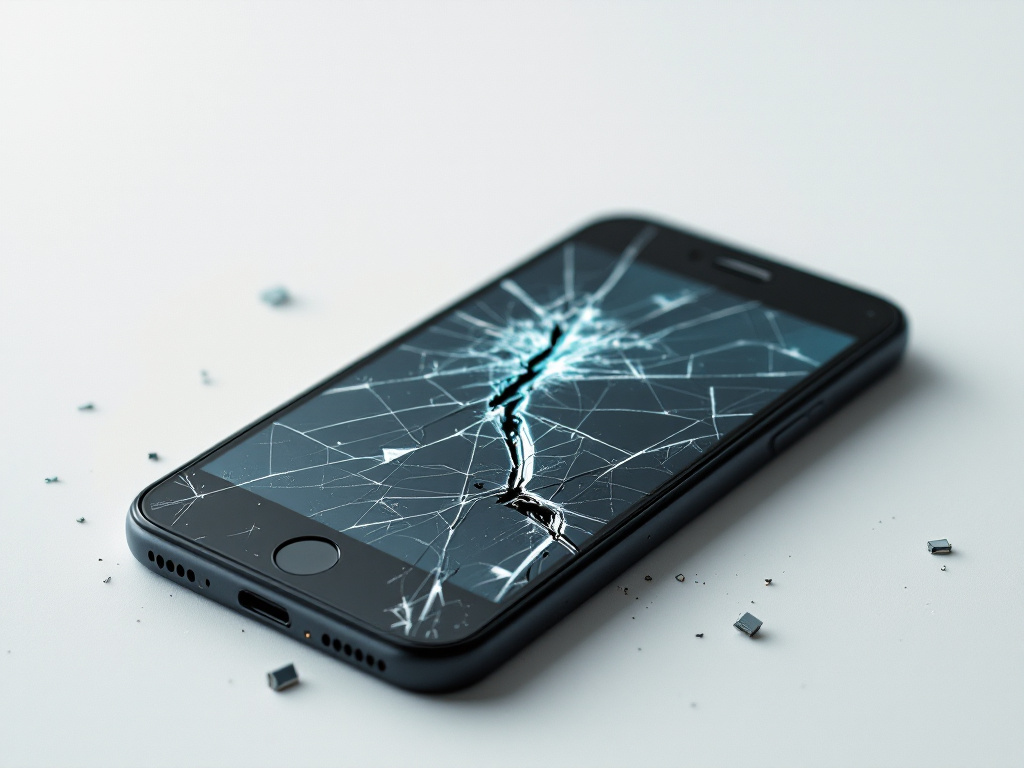For over a decade, smartphones have dominated the technological landscape, becoming indispensable in our daily lives. However, evident signs suggest that this era might be approaching its end. Smartphone sales are slowing, innovation has become more incremental, and new technologies are emerging as potential replacements. But is this really the case? What does the future hold?
The Decline of Smartphones
Recent market reports show a decline in smartphone sales. According to industry analyses, major manufacturers like Apple and Samsung have recorded decreasing device shipments compared to previous years. This trend can be attributed to several factors:
Market maturity: Most people already own a smartphone, and annual updates no longer bring revolutionary innovations.
Increased device longevity: Modern smartphones are built to last longer, reducing the need for frequent replacements.
High prices and lower appeal: New devices are increasingly expensive without introducing radical changes in functionality.
Which Technologies Could Replace Smartphones?
If smartphones are gradually losing their dominance, what could take their place? Several emerging technologies may represent the future of digital interaction and communication.
1. Augmented Reality (AR) Glasses
Companies like Apple, Meta, and Google are heavily investing in AR glasses, devices that could integrate smartphone functions directly into our vision. Imagine reading messages, browsing the internet, and viewing contextual information without looking at a physical screen.
2. Artificial Intelligence and Virtual Assistants
The integration of AI is leading to the creation of devices capable of interacting with users through voice commands, reducing the need for a touchscreen. Projects like Humane’s AI Pin promise an interactive, portable alternative without relying on traditional smartphones.
3. Advanced Wearable Devices
Beyond AR glasses, other solutions like smart rings, powerful smartwatches, and integrated clothing gadgets could change how we access information. Google and Samsung have already experimented with prototypes of wearable technology that could replace some smartphone functions.
Challenges and Obstacles to the Future
Despite growing interest in these new technologies, significant obstacles remain:
User acceptance: Consumers are accustomed to smartphones and may resist change.
Cost of new technologies: Devices like AR glasses require advanced technological developments and may initially be prohibitively expensive.
Infrastructure and compatibility: Transitioning from smartphones to alternative devices requires a supporting software ecosystem and compatible services.
A Gradual Transition
Despite signs of decline, smartphones will not disappear overnight. It is more likely that we will witness a gradual transition, where devices like AR glasses, AI-powered assistants, and smart wearables will coexist with smartphones until the technology is mature enough to replace them completely.
Are we really nearing the end of the smartphone era? The answer will depend on how quickly new technologies become accessible and integrated into our daily lives. For now, we can only observe and prepare for a future where our way of interacting with the digital world will change radically.








Leave a Comment